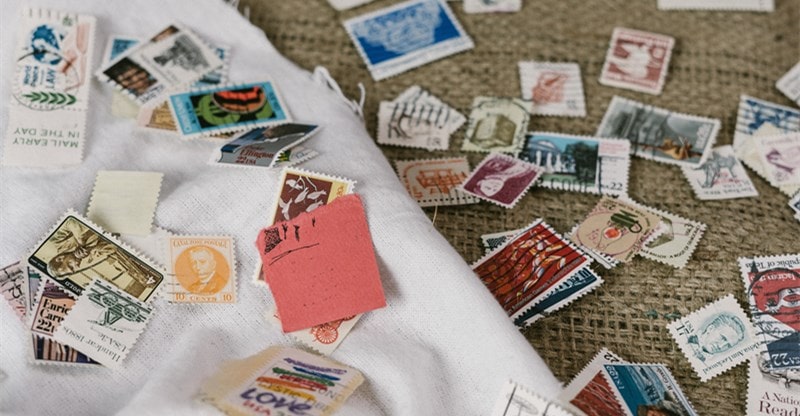Centuries of Entertainment: A Brief History of Our Favourite Diversions
When we think of historic forms of entertainment, the first things that spring to mind are likely to be jesters, bards, cavemen etching handprints into stone, and, of course, the notorious battles at the Roman Colosseum.
In spite of our fascination with learning about the day-to-day lives of those who came before us, there often remains a disconnect between our modern worldview, and the many shapes life used to take. From the Ancient Greeks to the Victorians, it is hard to imagine our forebearers having the time to enjoy entertainment for entertainment’s sake.
Below, we will look at a few forms of ancient entertainment that have made it through the centuries – or, in some instances, millennia – and remain firm favourites today.
Vacationing
While modern vacations are typically geared towards relaxing by the pool, ploughing through our TBR piles, and indulging in plenty of good food and drink, ancient vacations are in many ways thought to have been a powerful catalyst to the diffusion of cultural practices, scientific knowledge, agricultural tools and many of the innovations that brought the human race further into modernity.
Tourism broadens our horizons, and it is a practice that was first adopted thousands of years ago. While the first holidaymakers did not go armed with guidebooks, and the first destinations were not outfitted with Information Desks, the value of experiencing a new culture and returning with stories and mementos remains the same today.
Slots
Of course, humans have been developing games of chance for thousands of years, but the modern machines we know and love were not introduced until the mid-nineteenth century. In fact, they first came into our lives almost one hundred and thirty years ago – towards the end of the Victorian era.
In recent years, the development has been unprecedented, and many players emerged from the windowless halls of Vegas and Monte Carlo in favour of enjoying the huge popularity of Mega Moolah from the comfort of their homes.
As at-home entertainment becomes more popular – and more versatile – than ever before, developers are focusing on creating immersive experiences that retain all the excitement of the real thing, but offer gamers the flexibility to play for high stakes from anywhere in the world.
Stamp Collecting
Perhaps not as popular as some of the other pastimes on this list, stamp collecting – or philately – nonetheless remains a beloved hobby for many, and it’s as old as stamps themselves.
In the mid-nineteenth century, the Penny Black (an English postage stamp adorned with the profile of Queen Victoria) first made it onto the scene, and changed the way we dealt with mail – and a few quiet hours on a Sunday afternoon – forever. As the use of postage stamps spread across the world, so did the popularity of collecting and documenting them.
Nowadays, some collectors are dropping six-figure sums on the privilege of adding some of the rarest specimens to their collections, which is a testament to just how entertaining some Victorian hobbies could be.
Chess
Chess has seen countless iterations through the 1500 years that stand between us and its inception, but the rules have remained largely the same across time – although a few cultural differences remain. In the Gupta Empire, what we now know as the Bishop was once the elephantry, while modern eastern versions feature cannons, chariots, guards and soldiers.
Modern sets are typically made out of plastic or wood, but they would once have been hand-crafted from stone, whales’ teeth, or, if your social status allowed it, crystal and precious stones.
Beauty Pageants
The notion of beauty pageants is, while an acquired taste, firmly grounded within ancient history. In Greek mythology, for instance, Paris’s judgement of the goddesses Hera, Aphrodite, and Athena led to ten years of war between the Trojans and the Achaeans.
Similarly, in ancient Egypt, pageants were a popular pastime observed by the pharaohs, and this practice was later echoed in Renaissance Italy.



